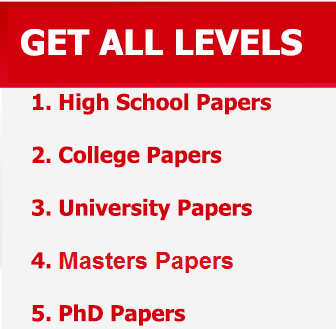Human Organs and Tissues: Commercial Market
The bioethical guidelines now banning commerce in human organs for transplantation manifest unrealistic and arbitrary inflexibility. As a result, it perpetuates and worsens the deficit in organ supply.
Rebecca Skloot closes The Immortal Life of Henrietta Lacks (2010) with an “Afterword,” a consideration of where we are at regarding the crucial (and often uneasy) marriage of medical science and the people it is meant to serve. There is also a third party, the commercial market. Based upon the insights you’ve gleaned from Lacks’ story, along with Skloot’s “Afterword” and your own research, respond to one of the questions below, addressing the competing interests of altruism and profit in medical research. Additionally,you may want to focus on a specific area of research, or you may want to address policy according to country, state, province and/ or territory.
Are human biological materials “fair game” in the free market? Explain.
1. Should donors receive compensation for human organs and tissues used for transplants or medical treatments? If yes, what model of compensation should be used?
2. Are gene patents necessary to the advancement of medical science—or are they hindering medical progress? Are gene patents ethical? You may want to respond to the question by providing a broad overview. Alternatively, you may also want to construct an argument about a specific area of research.
3. What social, political, legal or scientific complications arise when it comes to gene patents in medical science? You may also want to qualify your thesis according to country, state or province, or in terms of a specific area of medical science.







